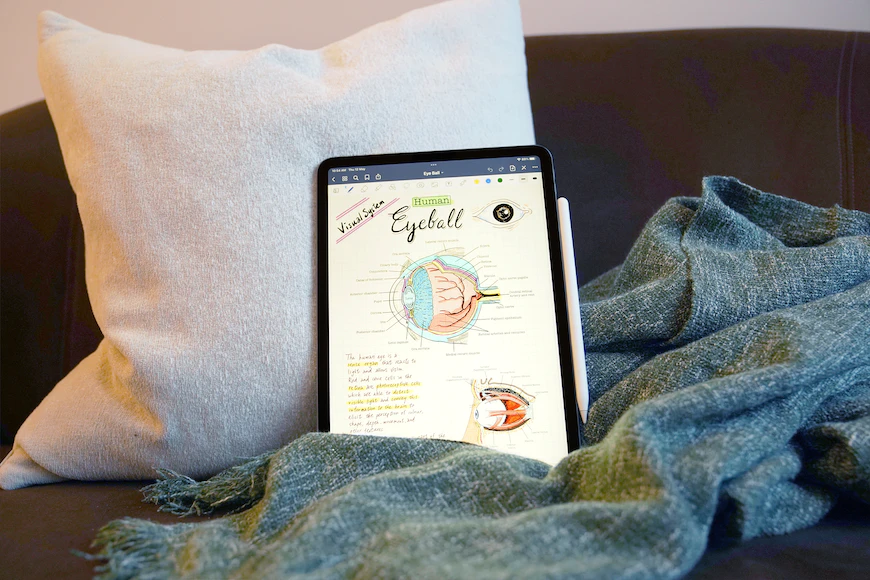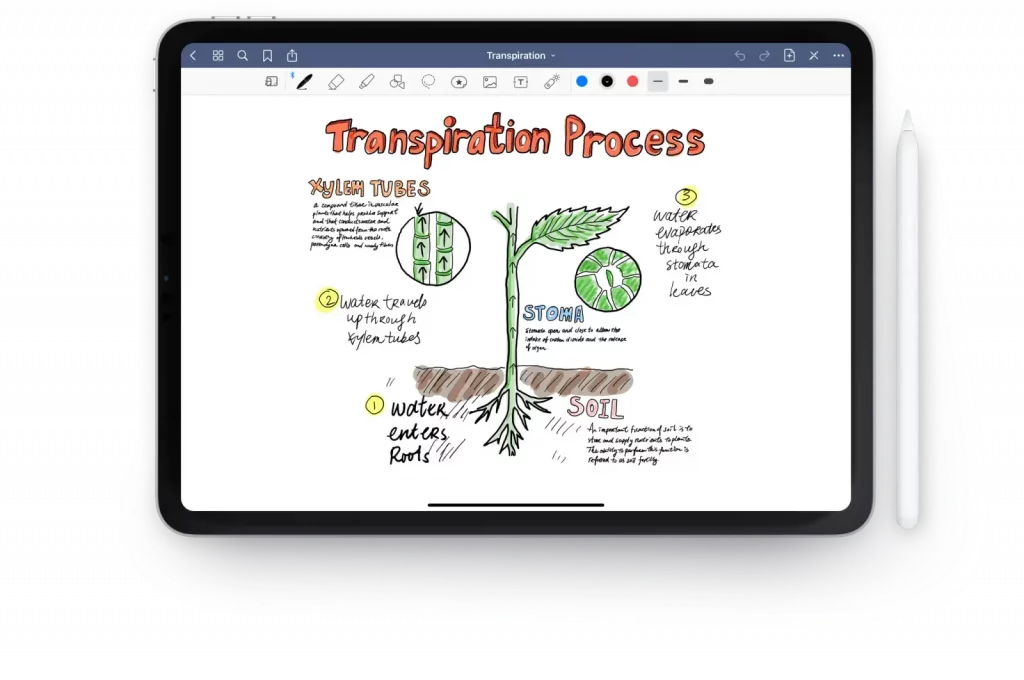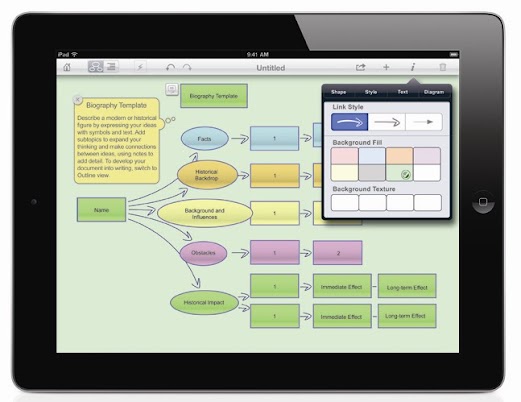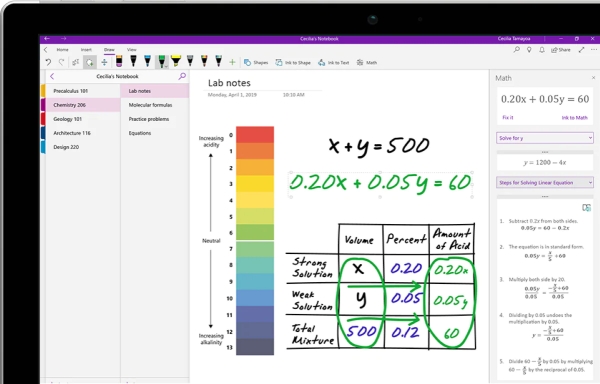"Our curated collection of O Level essay questions, spanning past papers from 2004 to 2024, offers a targeted way to practise with purpose."

Preparing for the O Level English exam can feel like a big challenge, but with the right approach, it becomes a lot more manageable. In this programme, students sharpen their ability to plan, write, and express ideas clearly under timed conditions. This training builds the confidence needed to handle any topic that comes their way on exam day. By practising with the right kind of questions, students give themselves a stronger chance of performing well when it matters most.
To make that practice more focused, we’ve gathered a collection of O Level English essay questions spanning past papers all the way from 2004 up to 2024. These cover topics that frequently appear in the exam, giving students a clearer idea of what to expect. Working through them helps strengthen skills and familiarity with the style and range of questions likely to appear.
Year 2002 – Essay Questions
| Describe the sights and sounds as students gather on the first morning of a new school term. |
| Which aspects of your education do you think will be most useful to you in adult life? |
| ‘Animals and birds should never be kept in cages.’ What is your opinion? |
| ‘Mother knows best’. What sort of problems do you discuss with your parents? Do you always take their advice? |
Year 2003 – Essay Questions
| Imagine a reunion with three friends from your school days in 10 years’ time. How will your lives have changed? |
| ‘What a wonderful sound!’ Write about some of the sounds you like best and why they mean so much to you. |
| ‘There is no point in preserving the past. We should be looking to the future’. What is your opinion? |
| Write about a teacher who made an unfortunate mistake which caused a student to suffer as a result. |
| Write a story about what happened when, on the morning of your journey to spend a year studying overseas, you were unable to find your passport. |
Year 2004 – Essay Questions
| Describe a place which is pleasant during the day but which is very different at night. |
| Describe one of the large shopping malls in Singapore. Why does it attract so many customers? |
| What changes have you seen in your school since you joined it? |
| It is said that the school uniform gives pupils a sense of identity and encourages good discipline. Do you agree? |
| Should both parents go out to work when their children are very young? What are your views? |
| ‘People are much too interested in their appearance nowadays.’ Do you agree? |
| Write a story based on the sentence: ‘It was only when I looked at the photograph that I saw just how similar we were.’ |
| Write a story about someone who was wrongly accused and had to prove his or her innocence. |
| Flight |
| Write about an occasion when a furious argument took place, based on a case of mistaken identity. |
Year 2005 – Essay Questions
| Describe a local market or a popular harbour at a very busy time. |
| ‘Parents and teachers are partners in the education of children.’ In what ways can parents and teachers contribute to the education of children? |
| It is not only shopping that brings visitors to Singapore. Describe some other tourist attractions and say why you think visitors enjoy them. |
| Choosing a career is one of the most important decisions to be made in life. What factors will affect your choice? |
| Do you consider sport to be an important part of life? |
| Write about how a serious accident led to an area being made safer for those who work or live there. |
| Write a story which includes the words: ‘I realised he was only human when…’ |
| Marriage. |
| Write about two occasions when you had great fun as a young child. |
| Write about a time when a friend defended you in difficult circumstances. |
Year 2006 – Essay Questions
| What do you think secondary schools can do to ensure the health, well-being and safety of their students? |
| Given the limited land available in Singapore, is it wise to set aside some areas as nature reserves? |
| Do you feel that you need the long school vacation? How do you occupy your time during the December break, when schools are closed? |
| Dreams. |
| Write about a time when your late arrival for a particular meeting or event led to serious trouble. |
Year 2007 – Essay Questions
| If you were drawing up a set of school rules for a new school, what would they be? Explain which of these you think are the most important. |
| Nowadays, people live longer than ever before. What problems does this present and how can these problems be dealt with? |
| Write about some of the things in your country you value most and would miss greatly, if you had to live in another country. |
| Heroes |
| Write about someone who failed to live up to his or her reputation. |
Year 2008 – Essay Questions
| The delights and frustrations of being a teenager. |
| Television, newspapers and the internet – which of these do young people prefer as a source of information, and why? |
| In your opinion, what kind of voluntary work is worth doing, and why? |
| Greed. |
| Write about an occasion when you just could not stop laughing at an inappropriate moment. |
Year 2009 – Essay Questions
| In the 21st century, how important is it to be able to read, write and speak English in Singapore? |
| ‘I’m bored!’ is so often the cry of teenagers today. What could be done about this? |
| Write about some of your worries and hopes for the future. |
| Power. |
| Write about an occasion when an attempt to help led to unexpected consequences for the helper. |
Year 2010 – Essay Questions
| What important lessons in life are learned away from school? |
| Some people say that the internet does more harm than good. What is your view? |
| Describe the location and main features of your ideal home and explain why you think it would be the ideal place to live. |
| Leadership. |
| Write about an occasion when it was necessary to tell the truth whatever the consequences. |
Year 2011 – Essay Questions
| Describe how a religious or national event is celebrated in your country. |
| ‘It is better never to borrow or lend money.’ What are your views on this advice? |
| Should girls and boys be given exactly the same type of education? |
| Freedom. |
| Write about an amusing incident on a day out with your family, which still makes you laugh whenever you remember it. |
Year 2012 – Essay Questions
| People all over the world are living longer. What are the advantages and disadvantages of their increased life expectancy? |
| ‘The use of motorcars is the greatest threat to the environment.’ Do you agree? |
| Fame. |
| Write about an incident you still remember from your early childhood. Why do you think it has remained in your mind so clearly? |
| Describe an annual event which you enjoy and explain why it is so important to you. |
Year 2013 – Essay Questions
| Parents often believe that it is better to be safe than sorry. Do you consider young people to be too protected? |
| ‘The way we dress reveals who we are.’ What are your views? |
| Describe some of your experiences in food courts and hawker centres. How important are these places in your life as a teenager in Singapore? |
| What do you consider to be your greatest achievement? Why does it mean so much to you? |
Year 2014 – Essay Questions
| Which features of Singapore and its citizens make it a major tourist attraction for people from all over the world? |
| ‘The best things in life are free.’ Write about some of the occasions when you have found this to be true. |
| Describe how you celebrated an important family occasion. Why will this event always remain in your memory? |
| Which person has the greatest influence in your life at the present time, and why? |
Year 2015 – Essay Questions
| ‘The world would be a very dull place without music.’ What are your views? |
| ‘Shoppers have too much choice, from chocolate bars to jeans’ What, in your opinion, are the advantages and disadvantages of having many things to choose from? |
| Do electronic devices, such as tablets or smartphones, help or hinder students in their studies? |
| Describe the possession that matters most to you and explain why you would never be prepared to part with it. |
Year 2016 – Essay Questions
| Describe a childhood toy, or a game you played, which still means a great deal to you. Why is it so important? |
| Do you agree that we can learn from the mistakes of others or do we need to learn from our own experiences? |
| What are your ambitions for the future? Explain how you plan to achieve them, including any possible difficulties. |
| To what extent do you agree with the idea that some teenagers lead an unhealthy lifestyle? Give reasons for your views. |
Year 2017 – Essay Questions
| Describe a place that means a great deal to you. Why is it so important? |
| Write about a time when you caused great disappointment to a person. What did you do about the situation? |
| It is often said that people are too concerned with getting things and spending money. What is your opinion? |
| People should always tell the truth.’ Do you think there are any situations in which this might not be the best thing to do? Explain your views |
Year 2018 – Essay Questions
| Describe an event that you looked forward to which turned out to be disappointing. Explain why you were excited about it and why it didn’t live up to your expectations. |
| I had never seen my friend laugh so much!’ Write about a time when this happened. |
| Some people like to stand out from the crowd; others just want to be part of it. Which do you prefer and why? |
| Which modern invention is essential for you and your family and which one could you and your family live without? Explain your views. |
Year 2019 – Essay Questions
| Which person has the most positive impact on your life? Describe the individual’s personality and in what ways he or she has influenced you. |
| “It was the proudest moment.” Write about a time when you felt like this. |
| Most young people today are obsessed with fame and imitating celebrities. What are your views? |
| ‘People can only be happy if they feel they are treated fairly.’ Do you agree? |
Year 2020 – Essay Questions
| Describe ways to relax after you have been busy. Explain why it is enjoyable for you. |
| Write about a time when you did something to impress someone and regretted it. |
| Learning how to respond to mistakes is essential for success. What is your opinion? |
| ‘There’s no place like home.’ How true is this for you? |
Year 2021 – Essay Questions
| Describe the sights and sounds at a busy shopping mall. Remember to describe some of the people there as well as the place. |
| ‘I felt as though I was on top of the world!’ Write about a time when you felt like this. |
| ‘Young people are changing the world for the better.’ What is your opinion? |
| ‘A happy person is a healthy person.’ How far would you agree? |
Year 2022 – Essay Questions
| Some people enjoy being in a crowded place, while others prefer somewhere quieter with fewer people. Describe your perfect place when you want to relax. |
| “I realised that I was much stronger than I had previously thought.” Write about a time when you felt like this. |
| “Young people spend so much time thinking about the future that they forget to enjoy the present.” How far do you agree? |
| “People today are far too easily persuaded to spend money on things they don’t need.” Do you agree that advertising has made us wasteful? |
Year 2023 – Essay Questions
| What is your idea of a perfect afternoon? Describe what you like to do and how it makes you feel. |
| “As I looked back, I realised I had made the right decision.” Write about a time when you felt like this. |
| “Schools should teach practical skills such as cooking and managing our finances.” Do you agree? Why or why not? |
| ‘All you need to succeed in life is a positive attitude.’ How far would you agree? |
Year 2024 – Essay Questions
| Describe a special meal you enjoy with friends or family. As well as describing the food, explain where and when you have the meal you have the meal and why it is important to you. |
| ‘We should all value time spent alone.’ How far would you agree? |
| ‘Social media does more harm than good.’ Do you agree? Why or why not? |
| Write about a time when you experienced a difficult but interesting journey. |

If you’re looking for a reliable study companion, we recommend our book 12 Years of O Level Model Essays. It features a collection of well-written essays drawn from the past 12 years of O Level examinations, covering a range of styles including expository, descriptive, argumentative, and discursive writing. Each piece demonstrates strong structure, relevant content, and rich vocabulary. Perfect for students to pick up techniques they can apply in their own work.
Alongside the book, you can take your preparation further by joining our O Level English Language classes. Our experienced teachers guide students through proven strategies and offer personalised feedback to sharpen their skills. Every step of the way, your child will be supported in building confidence and mastering the techniques needed for exam success.

































































